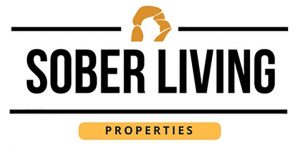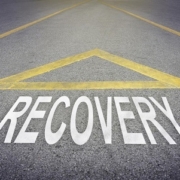Being honest with ourselves
During the course of our life, we have all at some time encountered someone who was not completely honest with us. In fact, if we are being truly honest right now, lies are a part of every addict’s life. Lies are a way to avoid reality and keep our true selves from coming to the surface.
Why is honesty important during our recovery journey? Is it really that important to speak the truth and expect the truth from those around me?
Part of the 12-step program toward recovery includes being honest with ourselves and with others. Circumstances will arise when it is easier to lie than to be honest and face the possible consequences. But dishonesty is hurtful, damaging, and isolating.
An important part of living sober includes saying what we mean and meaning what we say. This includes
- Being honest with ourselves: Self-evaluation is critical in the recovery process. When we can look at who we really are, who we have hurt, and the consequences of our choices, we are taking a giant step forward in the recovery process.
- Being honest with others: Our family, friends, and support system cannot fully journey with us unless we allow them to fully understand, which requires honesty on our part.
- Being honest when it is difficult: Though it may cause embarrassment or a sense of shame, admitting when we are wrong is always the best option.
- Being honest consistently: There are consequences from our past actions that may require time to fully be resolved. No matter how we feel we may be perceived, telling the truth is a practice we must form in order to move forward on our recovery journey.
Honesty in sober living may hurt, and we will not always enjoy the practice of rigorous self-reflection and vulnerability. But being honest with ourselves and with others propels us forward in order to make us more trustworthy, more true to who we are, and one step closer to a sense of wholeness.
Visit Next Level Recovery to outpatient treatment.




